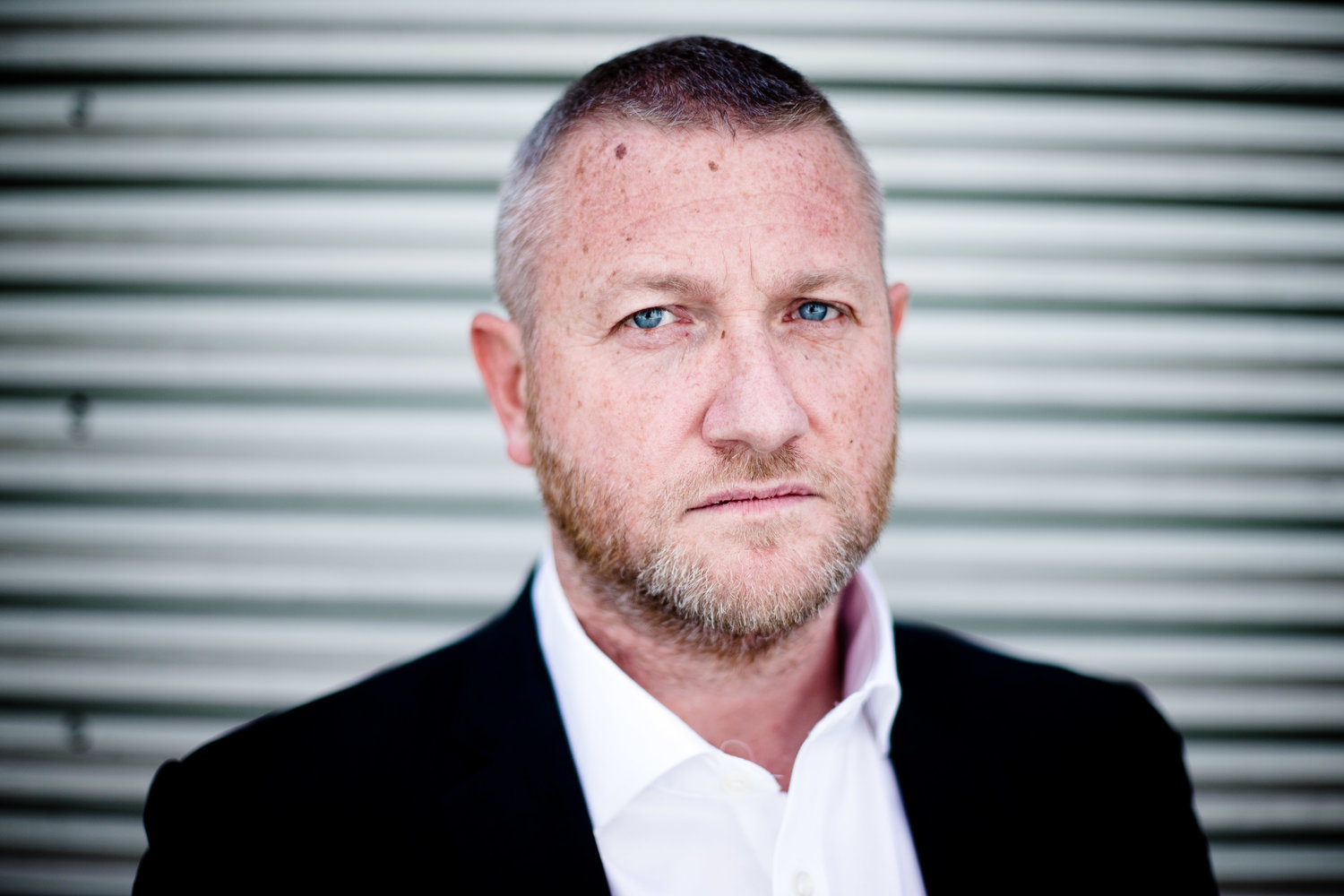Has the head of MI5 just said they can't cope?
As the dust settles on the battle to liberate Raqqa, and the final remnants of Isil are routed from the city, some commentators are claiming that this is the end of Islamic State. You might feel that this is cause for celebration, yet as a former counter-terror officer with Scotland Yard - I feel more apprehensive than ever before.
It is estimated that there were anything from twenty to thirty thousand foreign fighters in Syria, with five thousand fighters being killed or captured in Raqqa. But clearly, many others have fled, put down their weapons and disappeared into the civilian population. And those foreign fighters are likely to resurface in their own countries. The threat posed by these fighters as they return should not be underestimated. Ministers at the G7 meeting in Italy are discussing what can be done about them. Their discussions take place in the wake of one of the bloodiest two years that Europe has seen in terms of terror attacks.
The Sentencing Council for England and Wales has urged tougher jail terms for terrorist plotters. It issued draft guidelines calling for sentencing of the lowest-level terror crimes to be raised to between three to six years, compared with the current 21 months to five years under the existing guidance. The main change is to offences under section 5 of the Terrorism Act 2006, which covers the preparation of terrorism. Put simply, the drive is to lock up those discussing terror attacks for longer.
Separately, Rory Stewart, an international development minister, has said the only way of dealing with most of the British Islamic State fighters in Syria is to kill them. This to me demonstrates a climate of fear and panic within the Government at this current time.
Recently, Andrew Parker, the director general of MI5, said that the UK had seen,
"A dramatic upshift in the threat from Islamist terrorism this year,"
in reference to the attacks that have taken place in both London and Manchester. He explained,
"That threat is multi-dimensional, evolving rapidly and operating at a scale and pace we've not seen before."
The numbers of people being killed by terrorism in Europe, along with the number of terror plots, are at levels that we have not seen since the late eighties and early nineties - the days of the IRA, ETA and Red Army Faction. Whilst our security services and police have got much better at detecting those involved in these activities, the fear is, that the sheer numbers of those returning from war zones, could overwhelm their abilities and resources. Already in the UK we are seeing hints that they are unable to cope. There have been four Islamist terror attacks in the UK this year, and our inability to stop them, might have driven the fifth terror attack, an attack on a mosque. Never before have we seen the director general sit down and give his personal opinion to the UK's three major television broadcasters in unprecedented interviews.
He said of the agents and officers of MI5:
"They get up and come to work every single day to make terrorist attacks less likely and to keep the country safe. They're constantly making tough professional judgements, based on fragments of intelligence, pinpricks of light against a dark and shifting canvas. That is the job of MI5. When an attack happens, everyone in MI5 is deeply affected, on a personal and professional level."
He also suggested that there are still reviews underway into this year's terror attacks by saying:
"using the harsh light of hindsight... to look at all of the situation, every little bit of circumstance" to find out "what could we have known? What was there? And what learning can we take?"
MI5 does have to make judgement calls all the time, and Parker's comments indicate that perhaps mistakes have been made; that perhaps some of those who carried out attacks in the UK this year were wrongly assessed; that the risks of those who went on to kill, should have been viewed differently. For me, his comments show fears of an unparalleled security risk, on a scale that the country has never seen before. I believe his comments are a warning as to what he thinks the future will hold. When we put his comments in context - with the fall of Raqqa, the G7 discussions, a minister saying we should kill all returning fighters, and the UK's first ever review of sentencing for terrorist offences - the situation chills me to the bone. I fear that wretched times are ahead, and I just hope he isn't saying that MI5 can't cope.
As a former Scotland Yard detective, David Videcette has worked on a wealth of infamous cases. With twenty years' policing experience, including counter-terror operations and organised crime, David was a key investigator on the 7th July 2005 bombings in London. He is the holder of many police commendations including one for tracking down a 7/7 bomb factory.
He’s chased numerous dangerous criminals, placed bugs on scores of vehicles, searched hundreds of properties and interviewed thousands of witnesses.
David is the author of bestselling crime thrillers The Theseus Paradox and The Detriment –based on real events. The Official Secrets Act prevents him from writing an autobiography, so his motto is: “I can’t tell you the truth, but I can tell you a story…”™
To be in the hat for a chance to win signed copies of David’s books, join his newsletter by popping in your email address here.








